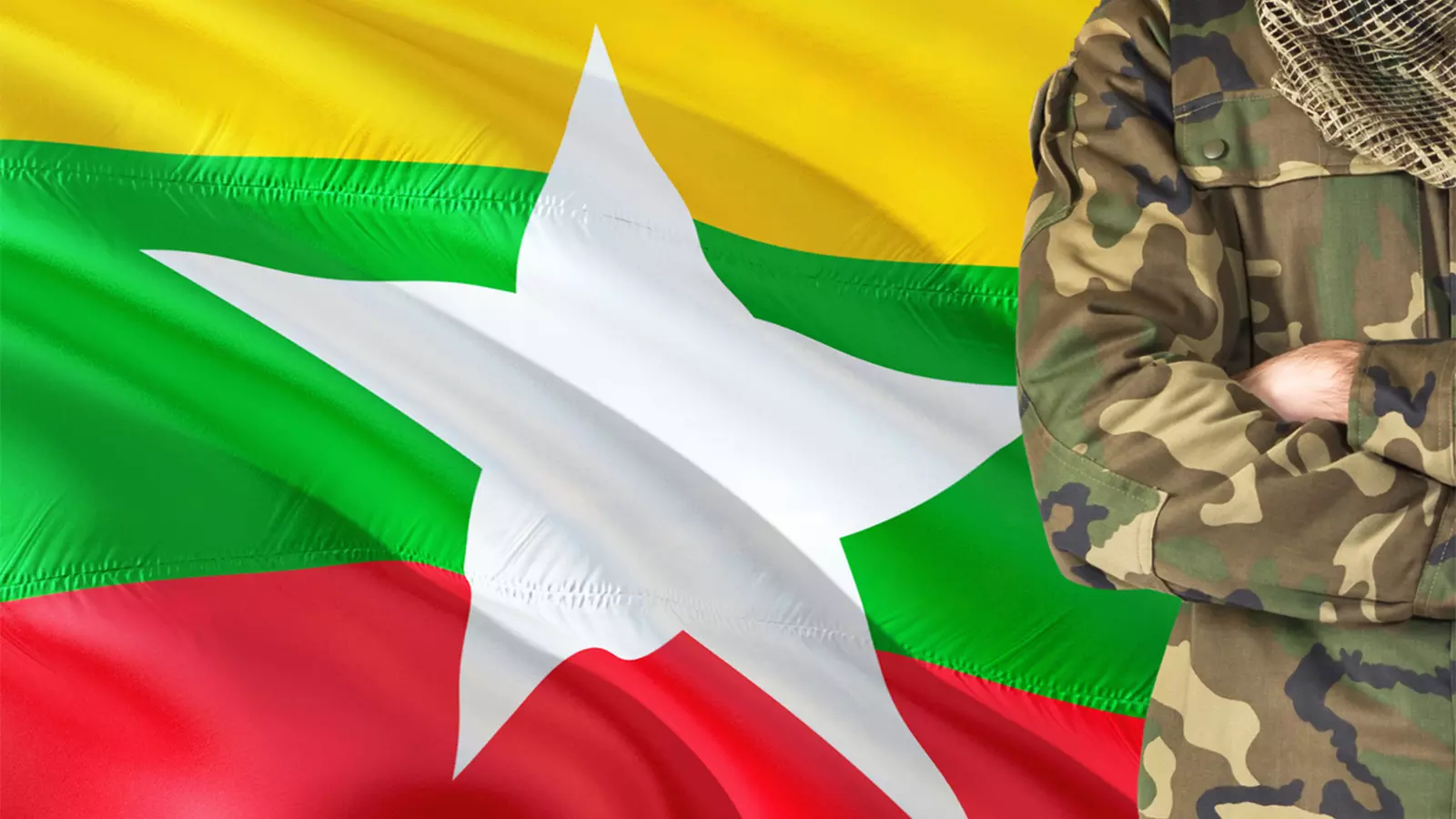
- Home
- India
- World
- Premium
- THE FEDERAL SPECIAL
- Analysis
- States
- Perspective
- Videos
- Sports
- Education
- Entertainment
- Elections
- Features
- Health
- Business
- Series
- In memoriam: Sheikh Mujibur Rahman
- Bishnoi's Men
- NEET TANGLE
- Economy Series
- Earth Day
- Kashmir’s Frozen Turbulence
- India@75
- The legend of Ramjanmabhoomi
- Liberalisation@30
- How to tame a dragon
- Celebrating biodiversity
- Farm Matters
- 50 days of solitude
- Bringing Migrants Home
- Budget 2020
- Jharkhand Votes
- The Federal Investigates
- The Federal Impact
- Vanishing Sand
- Gandhi @ 150
- Andhra Today
- Field report
- Operation Gulmarg
- Pandemic @1 Mn in India
- The Federal Year-End
- The Zero Year
- Science
- Brand studio
- Newsletter
- Elections 2024
- Events
- Home
- IndiaIndia
- World
- Analysis
- StatesStates
- PerspectivePerspective
- VideosVideos
- Sports
- Education
- Entertainment
- ElectionsElections
- Features
- Health
- BusinessBusiness
- Premium
- Loading...
Premium - Events

x
The Myanmar military junta says it has completed a nationwide census in a span of 15 days but experts watching the exercise say it would be far from being accurate. Representational image
With the army out of breath and ideas, the enumeration is half-hearted and inaccurate; why a census when large parts of the country are controlled by resistance groups?
The Myanmar military junta says it has completed a nationwide census in a span of 15 days.
But experts watching the exercise say the count would be far from accurate, because large parts of the country remain under the control of anti-junta armed groups, some representing battling ethnicities and others fighting for restoration of democracy.
The anti-junta National Unity Government (NUG) had called for a boycott of the census.
The first modern census was taken by the British colonial government in 1891. It was repeated at 10-year intervals until 1941. In the post-independence area, the census has been conducted thrice – in 1973, 1983, and 2014.
A sham census
Opponents of the military junta described the census-taking as "more of an intelligence exercise than an actual census."
With much of Myanmar descending into a civil war with no end in sight and large areas under resistance control, the regime was forced to concentrate the census count on urban areas, which the military continues to control.
The army was not able to provide security cover to enumerators outside the areas that it still controls.
A local administrator serving the junta was killed during census operation in the Nyaung-U township of Mandalay region by resistance group Bagan Ogre Force, aligned to the National Unity Government. The group told local media the official was targeted specifically because he was conducting the census exercise and had organised a conscription drive to secure new recruits for the army.
Myanmarese media reports suggest the regime appears to have even failed to conduct an accurate count in some areas not affected by the conflict.
No motivation
A report in the news magazine Frontier Myanmar claimed that many of the enumerators, who were mostly female state school teachers, were forced to work on the census even though they were supposed to be just volunteers. "Understandably, they were less than motivated," the report said.
A source close to a group of enumerators in Ayeyarwady Region told Democratoc Voice of Burma (DVB) that many of the enumerators did not even bother to conduct the count in every household assigned to them.
Residents told the outlet that the census takers limited themselves to tagging houses with the stickers marking enumerated households without any question in several townships and villages.
Eye on polls?
The census survey sheet had listed 68 questions to be asked of the citizens. In most places, enumerators just added the data of the unvisited families based on their household lists provided by local government offices from existing records .
Why would authorities anywhere conduct a census when they know it cannot cover large parts of the country? In 1981, the Indian authorities did not hold the census exercise in Assam because of disturbed law and order as a result of the anti-foreigner agitation.
Anti-junta groups allege the military is seeking to spot those who could join resistance movements. Others feel the junta may be finalising electoral rolls for a national election next year to placate global opinion.
Chinese support
But despite the fiasco over the census and the army losing large swathes of territory, specially in sensitive border regions, the military junta seems to enjoy continued Chinese support.
Myanmarese media reports indicate that junta supremo Min Aung Hlaing may be planning a visit to China soon, his first since he seized power in the February 2021 coup. If the trip happens, it may be an attempt to lend some legitimacy to the junta in the wake of a series of major military defeats.
China has been building up pressure on the military junta to hold elections to placate global opinion. The junta, perhaps under Chinese pressure, has also offered to open negotiations with Opposition groups involved in the military offensive against the regime. But the offer has been rejected by the armed groups.
Global reactions
China and Russia have consistently supported the military regime with financial and military assistance, but the West has severed ties with it since the coup.
While Russia, China, India, Pakistan, Bangladesh, Vietnam, Laos, and Thailand have recognised the Tatmadaw (Myanmarese army) government, other nations have not done so.
But India has allowed the NUG to open a liaison office in Delhi and recently invited several opposition groups to a seminar in Delhi organised by the government-funded Indian Council of World Affairs (ICWA).
Weakened army
The Tatmadaw has weakened considerably despite Chinese and Russian military supplies. Its numbers are believed to have dwindled to 1.5 lakh – half the estimated original strength in 2021 – due to rising casualties and large-scale desertions.
Morale has hit rock bottom. Around 21,000 soldiers have died and scores more injured since the beginning of the 1027 offensive last year.
Analysts say it may be wiser for the senior generals to announce elections and leave governance to an elected government, if they want to save the military as an institution. Whether the Chinese will push Min Aung Hlaing in that direction is anybody's guess but for the first time, the Tatmadaw is clearly out of breath and ideas in the country's long civil war.
(The Federal seeks to present views and opinions from all sides of the spectrum. The information, ideas or opinions in the article are of the author and do not necessarily reflect the views of The Federal.)
Subir Bhaumik, a veteran BBC journalist and author, worked for Myanmar's leading media group Mizzima as Senior Editor.
Next Story


